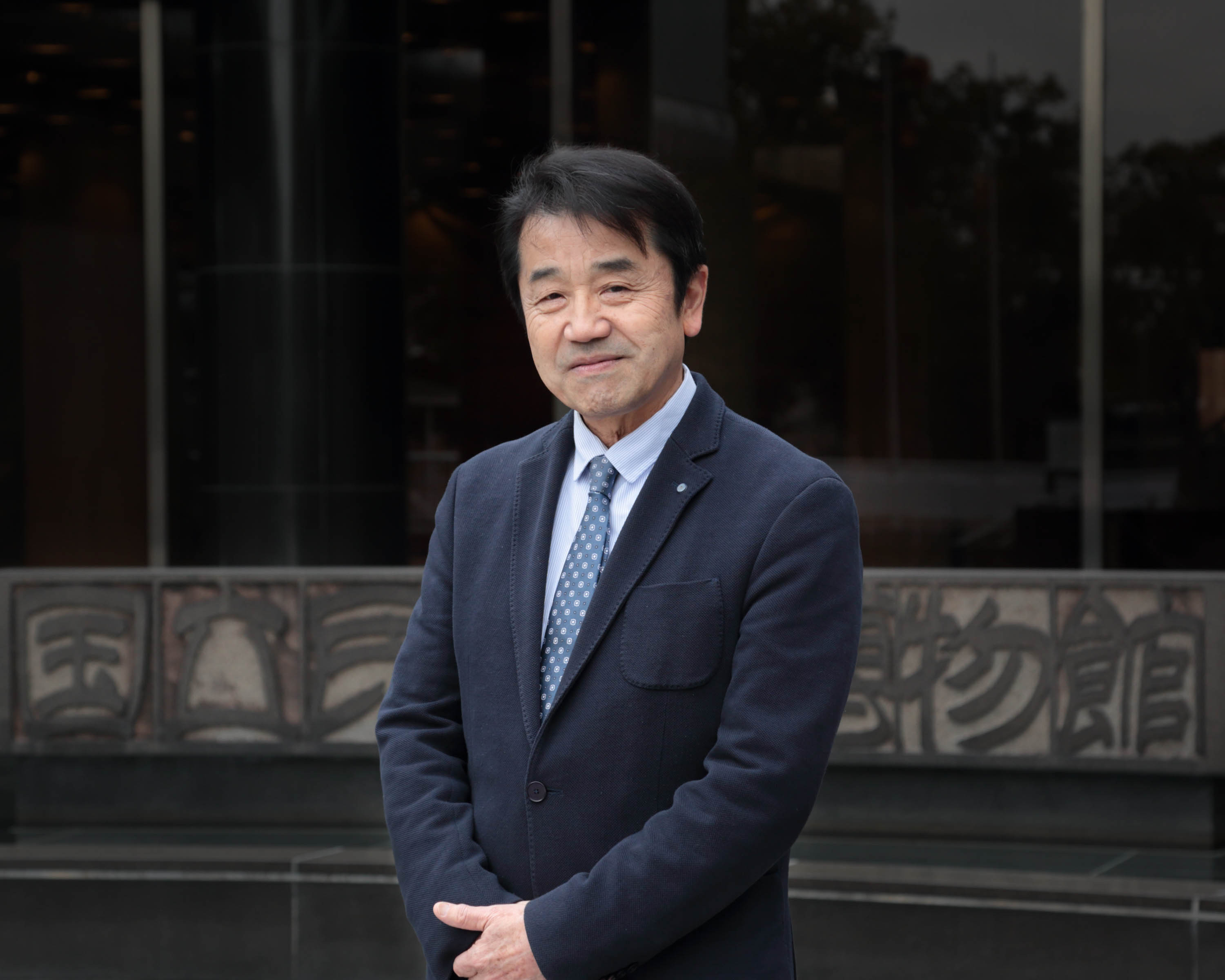Welcome

The National Museum of Ethnology (Minpaku) was founded in June 1974 as an Inter-University Research Institute Corporation to promote research in ethnology, cultural anthropology, and related disciplines.
Minpaku researchers have engaged in joint research with both domestic and international researchers, exploring the dynamics of society as well as the diversity and commonalities of human cultures through fieldwork conducted around the world. Their findings have been presented to the public not only through academic papers and publications but also through the practice of exhibitions. Minpaku includes the Anthropological Studies Program, a doctoral program offered by the Graduate University for Advanced Studies (SOKENDAI), which provides specialized education aligned with its mission. Such an institution dedicated to cultural anthropology and ethnology, where research, (museum) exhibitions, and education are interlinked in this manner, is rare in the world.
Globalization and division coexist in today’s world. The origins of globalization, with interconnection of society, economy, and culture among across countries or regions, can be traced back to the Age of Discovery in the 15th century. Indigenous peoples of the Americas, which were conquered by Europeans, sustained severe hardships that reduced their populations drastically because of harsh forced labor and diseases introduced from the outside. Since then, rapid environmental destruction has often been cited as a harmful effect of globalization. The recent COVID-19 pandemic clarified the repetition of history and highlighted the dangers of globalization as more tangible. Indeed, globalization has contributed to phenomena that have adversely affected many peoples. It is also true that groups around the world have created unique cultures by skillfully leveraging the advances in transportation and communication devices which support globalization. Universal concepts such as human rights and particularly the rights of indigenous peoples have emerged one after another as critiques and corrections of the negative aspects of globalization, enabling those who have been oppressed to speak out and raise objections.
Yet, in the present day, which is often said to mark a societal turning point since the pandemic, it is noticeable around the world that people tend to be absorbed in their individual concerns rather than to be adopting a broader perspective of humanity or the Earth. Division is one manifestation of this trend. The efforts of groups in various regions, including nations, to weave the threads of their own stories should be respected, not dismissed, in the sense of securing cultural diversity. However, if we fail at acknowledging the stories and histories of others, at empathizing with them, and at cultivating a spirit of tolerance, then we risk creating a barren world in which individual stories merely clash with one another. Now more than ever, we must adopt an attitude that acknowledges the existence of individual cultures and societies, while remaining mindful of the entirety of humanity and the Earth.
With such awareness, Minpaku is promoting “Ethnic Groups and Ethnicity in the Post-Nationalist Era” as representative research at the museum. This research is intended to reexamine the relation between the state and ethnic groups from multiple perspectives and to explore the realization of a cohesive society in which humanity lives together hand in hand, in a world that adds another layer of confusion. The museum is also promoting another project: “The Construction of the Info-Forum Archives for Cultural Resources of the World.” For this project, after sharing the specimens and visual materials which we have collected and stored for nearly 50 years with providers and provider groups, we reassess the significance of these materials and compile them into a database. It has almost become common for the task of narrating cultures to be undertaken not only by researchers. By creating materials and collaborating with cultural bearers and researchers, a forum is formed, enabling us to gain new kinds of knowledge and to open new horizons for research. Sharing research outcomes will also lead local people to use them for social development. I believe this is a pioneering attempt at international cooperation aimed at realizing a cohesive society.
In this way, Minpaku continues to strive to provide guiding principles for a better human society through joint research, dissemination of research findings, and development of human resources. We sincerely and earnestly hope for your continued support and cooperation.
SEKI Yuji
Director-General of National Museum of Ethnology, Japan
